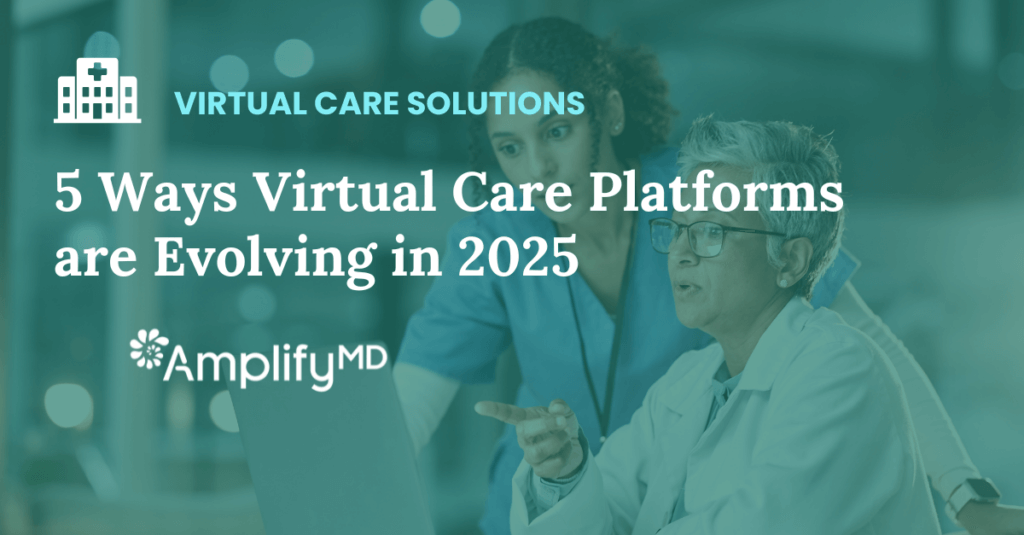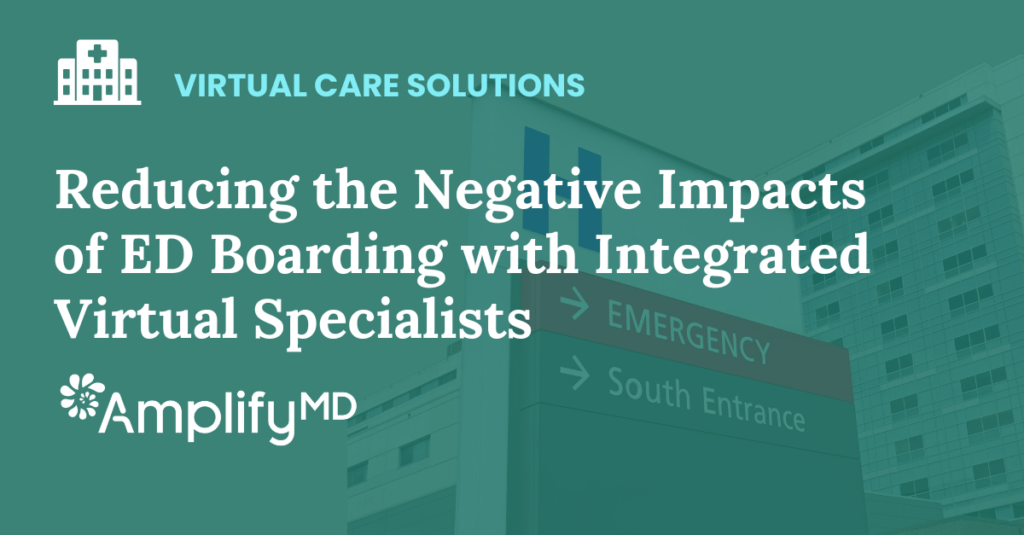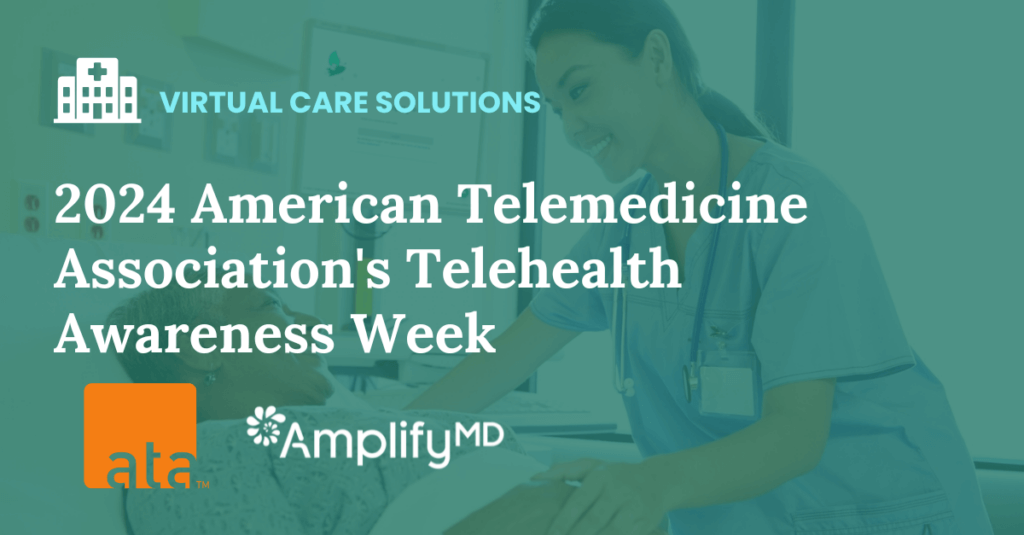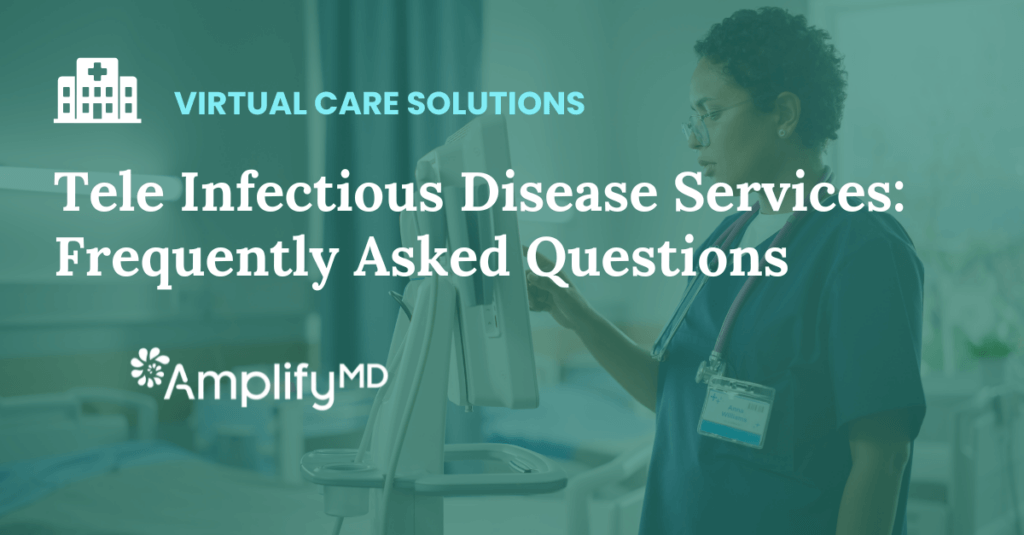While the need for cardiology services continues to grow, many cardiologists are nearing retirement age, and there aren’t enough new specialists to fill the gaps. Fortunately, TeleCardiology provides a solution for health systems to deliver high-quality cardiovascular medicine. TeleCardiology services connect patients to board-certified TeleCardiologists who work remotely, improving access to essential cardiology care for these patients, regardless of their geographic location.
Cardiovascular disease impacts nearly half of all American adults, and according to a recent American Heart Association report, more than 61% of the U.S. adult population is expected to have some form of heart disease by 2050. Heart attacks, strokes, heart failure, abnormal heart rhythm conditions such as atrial fibrillation (AFib), high blood pressure, and heart valve issues are among the most prevalent cardiovascular diseases today. Cardiovascular issues are a leading reason for an emergency department visit, and cardiovascular disease (CVD) is the leading primary cause of both inpatient hospitalizations and mortality among adults in our country.
1. What is TeleCardiology?
TeleCardiology is a medical practice involving the assessment, diagnosis, and treatment of heart and cardiovascular conditions by a TeleCardiology specialist. TeleCardiology companies typically use virtual care technology to transmit pertinent medical data, including ECGs, echocardiograms, and other vital information, in combination with video technology to streamline the management of cardiac conditions with timely diagnosis and treatment recommendations. TeleCardiology services ensure patients receive essential cardiology services regardless of geographic barriers or the medical facility’s staffing limitations.
2. What services can TeleCardiology provide?
Outside of surgical interventions, a TeleCardiology provider can provide nearly all of the same services that an onsite cardiologist can provide, including:
- Emergency cardiac care
- Inpatient rounding and consults
- Asynchronous ECG/Echo/Stress/Holter interpretations
- Remote monitoring
- Chronic condition management
- Second opinions
- Pre- and post-operative care
- Collaboration with other healthcare providers
3. Where can TeleCardiologists provide treatment?
TeleCardiology programs are commonly implemented in hospitals, outpatient clinics, and long-term post-acute care (LTACH) facilities in rural and underserved communities where it is difficult to recruit and retain cardiologists. Health systems of all sizes are also increasingly looking for TeleCardiology technology to create more appealing cross-cover and hybrid care models for the cardiologists working in their hospitals, even in urban areas where cardiologists are plentiful.
AmplifyMD’s specialists practicing TeleCardiology support hospitals with TeleCardiology programs in the ED, inpatient floors, outpatient clinics, and direct-to-patient at home.
4. What software is needed for a TeleCardiology program?
The type of TeleCardiology software needed for a program depends in part on the use case and the care setting. In the past, many TeleCardiology programs relied on technology that was not much more than a video link. But today, TeleCardiology software can be quite sophisticated – seamlessly integrating electronic health records (EHR), PACs data, and remote monitoring devices (RPMs) into the platform so remote cardiologists can easily access essential information without multiple logins. TeleCardiology software can reduce the administrative burden of scheduling remote providers, encounter documentation, hub and spoke care, and billing. Some TeleCardiology companies, including AmplifyMD, have designed software that seamlessly integrates into workflows across the care continuum so health systems can leverage one solution for multiple use cases.
5. How does a hospital benefit from a TeleCardiology program?
TeleCardiology services improve clinical and financial outcomes for hospitals and patients. Typical benefits generated by hospital-based programs include:
- Faster access to cardiology care
- Appropriate utilization of labs, tests, and diagnostics
- Faster diagnosis and treatment for patients experiencing a cardiac event
- Improved ED throughput
- Fewer avoidable interhospital transfers (IHTs)
- Shorter length of stay
- Fewer inpatient denials
- Improved care coordination
- Fewer hospital readmissions
6. How can outpatient TeleCardiology services benefit health systems and health networks?
TeleCardiology services support outpatient clinics by adding appointment capacity to a clinic schedule, which reduces the wait time for new and existing clinic patients. In addition, TeleCardiology can provide EKG readings and evaluations for cardiology patients who need a sign-off for a surgical procedure. TeleCardiologists can also help with medication management, provide second opinions, and help patients support congestive heart failure (CHF) and other chronic heart-related conditions.
7. How do TeleCardiology programs work with in-house Cardiologists?
A well-built TeleCardiology program fosters open communication between the on-site care team (including on-site cardiologists and other physicians) and the remote providers. Communication is improved when the TeleCardiology program integrates with existing hospital workflows and makes it easy for the on-site team to communicate via phone, text, or through an app in real time.
8. What are the additional benefits of AmplifyMD’s TeleCardiology solution?
AmplifyMD stands out as a premier choice for TeleCardiology solutions, offering numerous benefits that enhance patient care and hospital operations. Our TeleCardiology programs enable faster outpatient care delivery, reducing patient leakage, avoidable disease progression, and unnecessary readmissions. In the inpatient setting, with AmplifyMD, hospitals can be confident that patients will receive comprehensive and timely treatment, leading to lower lengths of stay, reduced IHTs, better utilization of onsite resources, and improved overall outcomes.
AmplifyMD provides health systems with both the TeleCardiology software and the cardiologists needed to staff the programs so hospitals can deliver high-quality cardiology services whenever and wherever they are needed.
9. How can I get more information on AmplifyMD’s TeleCardiology solution?
Learn more about AmplifyMD’s TeleCardiology Services or contact us to request a demo.












